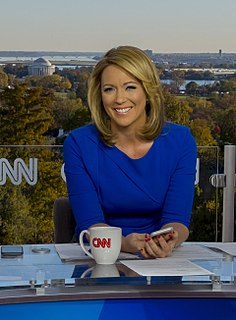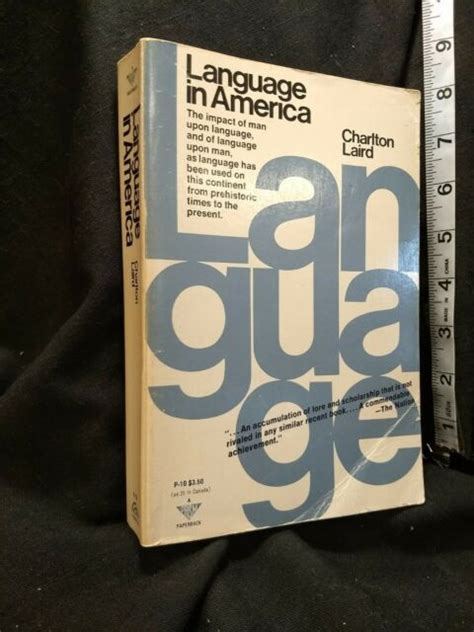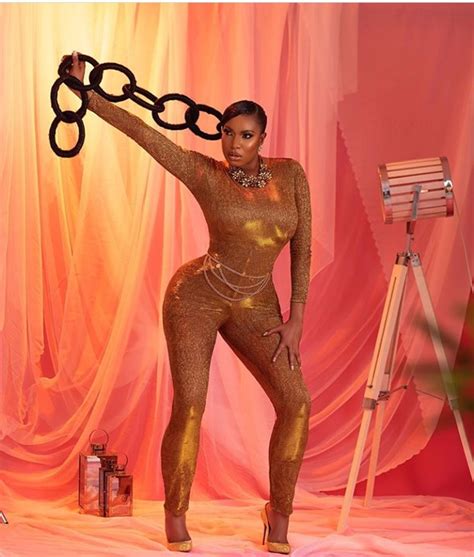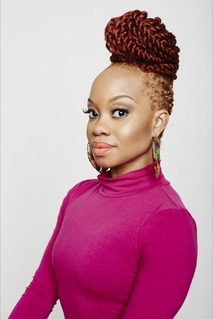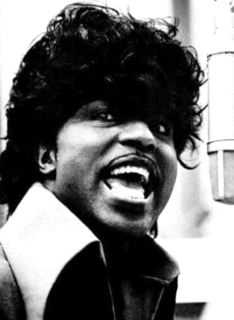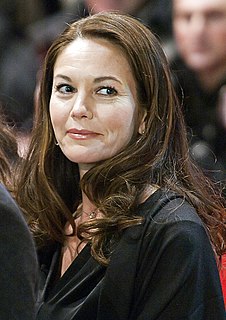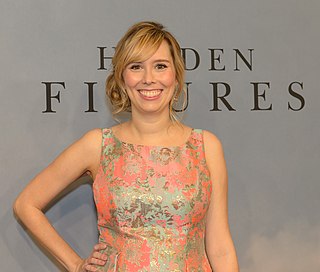A Quote by Nancy Mairs
In the grammar of the phallus -- the I, I, I -- [woman] can't utter female experience.
Quote Topics
Related Quotes
The first basic need of a male is sexual fulfillment; for a female, affection. The second most basic need of a male is recreational companionship; for a female, communication and conversation. The third basic need of a male in a relationship is an attractive woman; for a woman, honesty and openness. The fourth basic need of a male is domestic support; for a female, financial support. The fifth basic need of a male is admiration and respect; for a woman, family commitment.
I think it's important for people to understand that dance, movement, choreography is about an experience and entertainment but it's also about perception and a lens. So when we're talking about a Black female's experience through a Black female's lens, that's going to be totally different from a Black female's perspective through a Black male's lens.
People who think that grammar is just a collection of rules and restrictions are wrong. If you get to like it, grammar reveals the hidden meaning of history, hides disorder and abandonment, links things and brings opposites together. Grammar is a wonderful way of organising the world how you'd like it to be.




